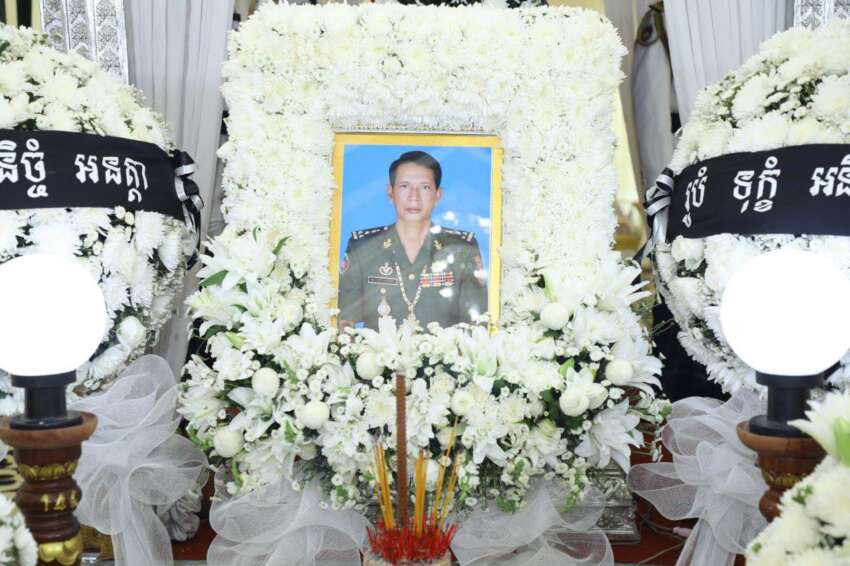
The border conflict between Thailand and Cambodia has continued into its fourth day, with both sides maintaining their positions and exchanging accusations. The fighting, which began on July 24, shows no signs of abating despite diplomatic efforts. U.S. President Trump intervened by speaking with both countries’ prime ministers via telephone, and while both sides expressed willingness to discuss peace and ceasefire arrangements, the fighting continues on the ground with no practical implementation of these commitments.
Thailand has accused Cambodian forces of initiating the conflict by launching multiple rockets into Thai territory during the morning hours, while Cambodia counters that Thai forces fired first. During the exchanges, Thai artillery fire resulted in the death of Cambodian Major General Doung Somneang, commander of the 7th Military Region. The ongoing conflict has also triggered a mass exodus of thousands of Cambodian workers from Thailand, who are fleeing the border area to escape the violence. The situation has created a humanitarian concern as these workers attempt to return to their home country amid the dangerous conditions.
While the prime ministers of both nations have expressed genuine desire for ceasefire talks and peace negotiations, they continue to engage in mutual blame and accusations while the conflict persists. UN Secretary-General Antonio Guterres has expressed serious concern about the situation, using the diplomatic language typical of such circumstances. Attempts at mediation by ASEAN Chair and Malaysian Prime Minister Anwar have proved ineffective thus far, with the Malaysian leader himself facing domestic challenges including mass protests and calls for his resignation from thousands of Malaysian citizens. The conflict has resulted in significant damage to civilian infrastructure, with Cambodian rocket strikes reportedly destroying homes in Thai territory, while both sides continue to engage in military operations despite international calls for de-escalation.



